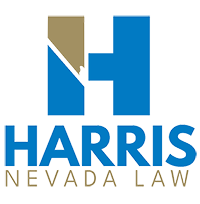Trusted Appellate Attorney for Nevada
Driven by a passion for justice, founding member Heather Harris has made appellate law a cornerstone of Harris Nevada Law. If you believe your trial was compromised by errors, contact us immediately—appeal deadlines are strict and time-sensitive.









